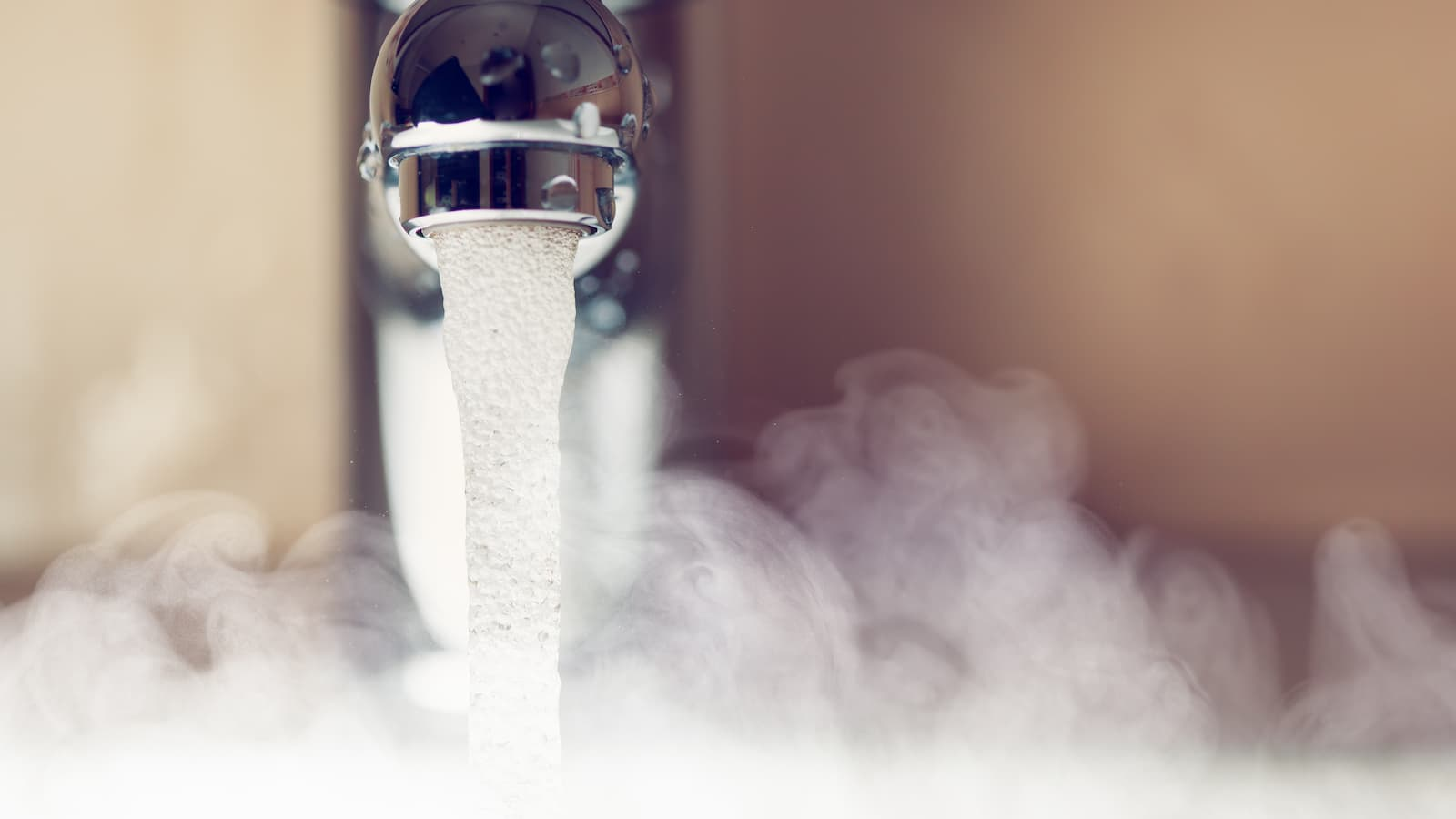Free hot water from your WiFi? The smart tech revolution that could help homeowners save
What if your home could turn waste heat from the internet into free hot water? A trial by British Gas and Heata is aiming to make it happen

What if your home could turn waste heat from the internet into free hot water? It might sound futuristic, but this idea could become a reality thanks to a trial by British Gas and Heata.
At a time when energy price rises continue to put pressure on household budgets, this innovative approach offers a clever way for homeowners to cut bills, reduce carbon emissions and rethink how energy is used.
The concept is simple: instead of wasting the heat generated by cloud computing, why not put it to good use? Every time we browse the internet, stream videos, or use artificial intelligence services, vast data centres produce enormous amounts of waste heat and Heata has found a way to capture this heat and redirect it into people’s homes.
A win-win for homeowners and the planet
Data centres – large facilities that store and process digital information – produce a lot of waste heat.
Normally, cooling systems use extra energy to prevent overheating. Heata has come up with a smarter way to handle this heat: instead of letting it go to waste, it is used to provide free hot water for homes.
Heata has developed a "virtual data centre" by distributing small servers into homes rather than housing them all in one large facility.
These servers are attached to hot water cylinders, so as they process data, the heat they generate warms the water. This reduces the need for gas or electricity to heat water, cutting both costs and carbon emissions.
Get the Homebuilding & Renovating Newsletter
Bring your dream home to life with expert advice, how to guides and design inspiration. Sign up for our newsletter and get two free tickets to a Homebuilding & Renovating Show near you.
Chris Jordan, co-founder of Heata, explains: “We’ve created a solution that enables us to reuse the waste heat from cloud computing to provide free hot water for families in our communities. Our reliance on data centres is only going to grow, and by thinking differently about how we use this technology, we can reduce its carbon impact while benefiting homeowners.”

How it works
A small Heata server is installed in your home and connected to your hot water system. When companies run cloud computing tasks (such as processing large amounts of data), these tasks are handled by the Heata server.
As the server works, it naturally generates heat. Instead of wasting this heat, the system transfers it into your hot water tank, meaning you save energy by using less gas or electricity for heating water.
The best part? Heata covers the unit's electricity cost, so households only benefit from the extra warmth. This could save homeowners up to £340 per year on electric water heating and £120 per year on gas heating.
Paul Lodwidge, Head of Energy Product & Propositions at British Gas, highlights the significance of the project: “Innovative projects like this are another example of how the UK is becoming a leader in cutting carbon emissions. Heata is a true pioneer in the way it has developed a solution that can reuse waste heat and deliver significant cost and carbon savings. We’re proud to support this trial and explore ways to scale it up.”
More than just savings
As artificial intelligence and digital services expand, the demand for data processing is increasing.
By rethinking how we use this technology, homeowners can help make the energy system more efficient while reducing their own bills. British Gas is currently running a three-month trial with Heata, installing units in employees’ homes. The results will help improve the system, to make this technology widely available.
If successful, businesses across the UK could adopt this model, turning waste heat into a valuable resource for local communities.
The future of home energy
This project marks an exciting step toward smarter, more sustainable homes.
Just like solar panels capture the sun’s energy, these small servers repurpose heat that would otherwise be wasted.
For homeowners looking to cut energy costs and reduce their environmental impact, innovations like Heata offer a glimpse into the future - where homes don’t just consume energy but help generate and recycle it for a greener world.

News Editor Joseph has previously written for Today’s Media and Chambers & Partners, focusing on news for conveyancers and industry professionals. Joseph has just started his own self build project, building his own home on his family’s farm with planning permission for a timber frame, three-bedroom house in a one-acre field. The foundation work has already begun and he hopes to have the home built in the next year. Prior to this he renovated his family's home as well as doing several DIY projects, including installing a shower, building sheds, and livestock fences and shelters for the farm’s animals. Outside of homebuilding, Joseph loves rugby and has written for Rugby World, the world’s largest rugby magazine.
